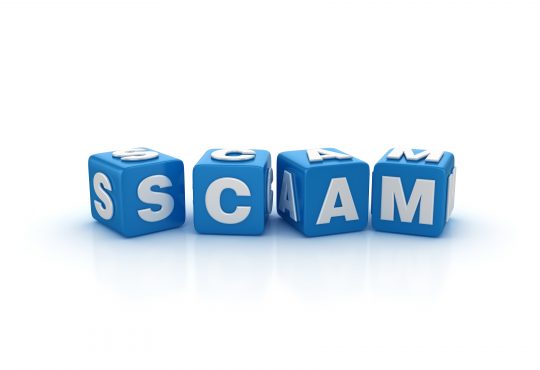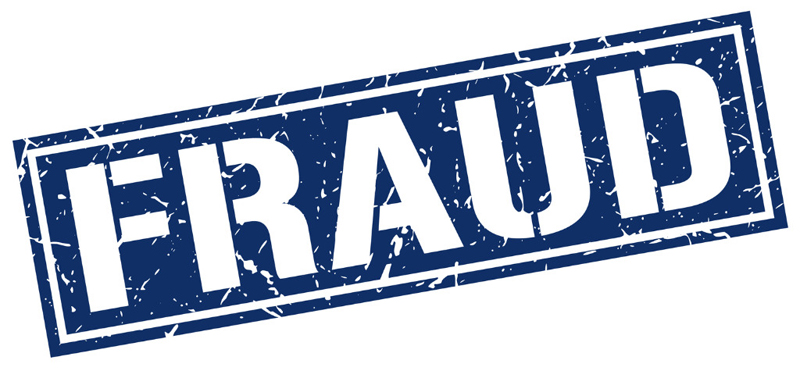
Sales Strategies in a Real Business
 A reader offers this discussion of how companies analyze a market (and the territories) to decide where to place distributors/retailers. Of course, Mary Kay does no such thing, telling consultants to ignore the concept of saturation and that countless reps in an area are no problem.
A reader offers this discussion of how companies analyze a market (and the territories) to decide where to place distributors/retailers. Of course, Mary Kay does no such thing, telling consultants to ignore the concept of saturation and that countless reps in an area are no problem.
I’m mid 40s and a lifelong sales professional (no MLM). I worked over a decade in furniture/mattress retail as a salesperson, manager, and small business owner with my own small store. I also spent more than another decade as a territory sales rep, half for a mattress manufacturer and the other half for a giftware manufacturer.
All of these positions (minus when I owned my own store) are full-time, salary-plus-commission positions with full benefits, mileage/fuel reimbursement, free training, etc. All of my wholesale customers were/are small, independently owned local businesses. My manufacturing employers did also sell to big box/chain stores, but they had a separate sales force to focus on the independents in the territories.
Based on this extensive experience, I’m finding that how the MK world defines and treats “sales”, “market”, “inventory”, business ownership”, and so on, to be ridiculously out of touch to the point of creating their own “business” language that has little to no resemblance to real life.
I’ll describe, for example, my territory as a mattress manufacturer’s rep and how we built business and increased sales. I had a physical territory that was guaranteed to be mine and protected as such. Almost all manufacturers who produce consumer products sold through retail outlets do this, and it’s pretty easy to set up. For me, I had physical counties that were mine. So another ABC Mattress rep from a different territory couldn’t just drive into my area and set up a wholesale account with any of those retail stores and the company. Same thing with my giftware position…protected territories where we wouldn’t sabotage one another.
One of the biggest things we practiced that absolutely flies in the face of the MK way is our deep understanding of market opportunity/saturation. Our corporate office compiled significant, recent data that was provided to us (for free of course, though it cost them money to get it) for every inch of our territory.
Here’s a summary: the data broke down the territory by county and thus provided numbers by county. They used the estimated annual overall US numbers of money spent by consumers on all mattresses, then broke that down by population to get a fair estimate of what each county’s potential mattress purchasing power is, and the company pulled up how much of its product was sold in that county. Then, the company itself used its knowledge of our own overall market share (ie, ABC Mattress, doing xxx million a year, and knowing that the overall mattress industry does xxxx million per year, currently has xx% overall market share on average).
Let’s say our average market share of the entire mattress industry is 21%. We then looked at the data for each county and could easily determine the areas in which we were pretty strong, and the areas where our market share was low. Then we look at those lower areas and figure out if there is potential for more business and create a plan to get it. What we did with the giftware manufacturer was similar. In both positions, we were frequently given updated lists of exactly how many dollars the accounts in our territory spent with us and by which accounts. Because this makes so much sense from a business perspective, it BOGGLES MY MIND that MK not only doesn’t even consider this, but strives to keep this way of thinking and use of data (that they absolutely have) hidden and even discouraged.
So MK tells you to trust that the product sells itself and that the number of other MK sellers in your area is irrelevant to your success. THAT MAKES NO SENSE. Seriously, it doesn’t. I’m guessing that they try to use the lack of physical territories as a plus (you can sell to/recruit anyone, anywhere). But then they focus on how you have to do it in person to be successful. Those two things are contradictory.
Any person being recruited to sell MK should carefully consider the “opportunity” by expecting to be given proper data to gauge the potential for success. This includes knowing how many active consultants are in their area, how much total they are ordering from MK (and thus extrapolate estimated retail sales), and how that amount compares to national estimated numbers. This is the only way to know if the market is saturated or not. To just blow that off flies in the face of all we know about successful retail sales (sales to the end consumer). Even if you managed to get those figures (hahaha, and if you do, are they real) and conclude that your area is not saturated, there is no guarantee that it won’t be next month or next year (since you have no protection of territory).
I know this is a lot in one post, but another thought: when I opened my own business (retail mattress store), I used the county data I had, and knowledge of the market, very carefully to determine where to place the store and whether to even do it. I actually chose the next county over from where I lived to avoid the market saturation in my own county. It seems that the focus that MK presents as what should be the main determining factor you should consider when thinking about a MK opportunity is your potential earnings. Well, potential earnings are infinitely tied to the sales potential in the market. It is not, nor will it ever be, unlimited. That’s ridiculous. Frankly, the MK use of the phrase “own your own business” is laughable to me, as it is to many of you. It’s a joke.





 Visit the
Visit the
Mary Kay Corporate doesn’t really care about your potential earnings. They only care about orders. The consultant’s director and the company dangle silly incentives and titles like Queen of Sales and Recruiting or Star consultant in front of a consultant to get them to order product. Sales are not really the goal, so it doesn’t matter where a new consultant lives. The goal is simply more people and more orders. Are there saturated areas? Absolutely. But the company doesn’t care as long as the product orders are coming in. It has made Mary Kay billions over their 60+ years.
Another business term they misuse in Mary Kay is “customer”. They don’t tell their own sales reps that Mary Kay’s business plan is built around orders from the sales force. Product sales to the general public are simply not part of the plan. All the driving mechanisms in Mary Kay (bonuses, commissions, awards) are centered around orders and recruiting. There is simply no support or incentives for the retail sales process.
This is why they don’t care about territories or market saturation. Consultant churn is the name of the game. The ideal MK consultant makes a large initial inventory purchase, recruits her own replacement or two (who do the same), and then quits without returning her inventory, before she becomes a burden to her upline.
No retail product sales are required for the system to work. And a forensic deep dive on any Mary Kay downline would likely show just how little product is ever actually sold to outsiders.
Other important differences:
– The mattress store has the right to advertise.
– Sales reps aren’t expected to pay out-of-pocket to stock the store.
– Sales reps aren’t taught to sell every potential mattress customer their own mattress store!
Your explanation is spot on. As a sales rep, you would NEVER recruit one of your customers to become a sales rep in your territory! They would literally become your competitor. Not only would you lose their business, they might recruit other sales reps into your territory, thus over saturating that market.